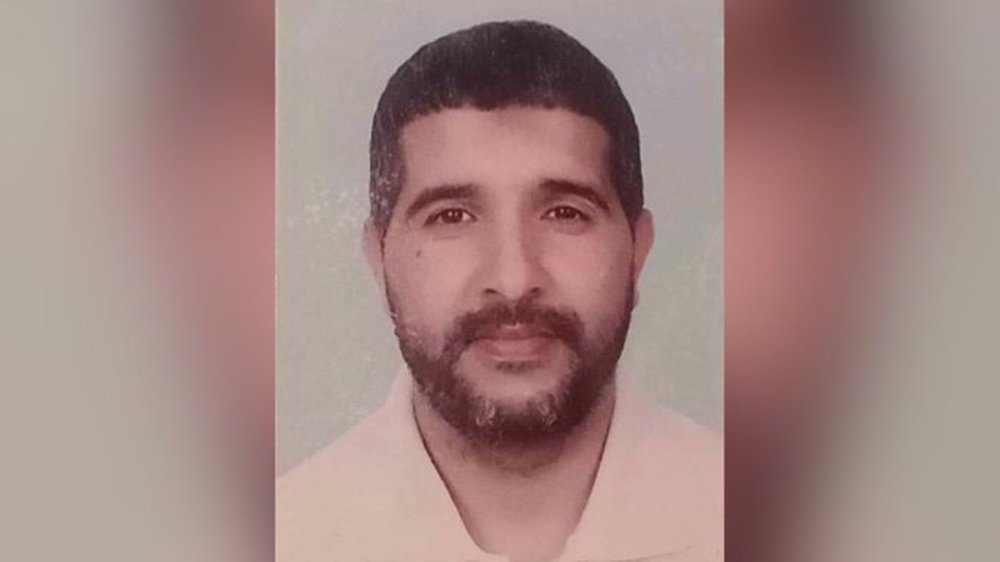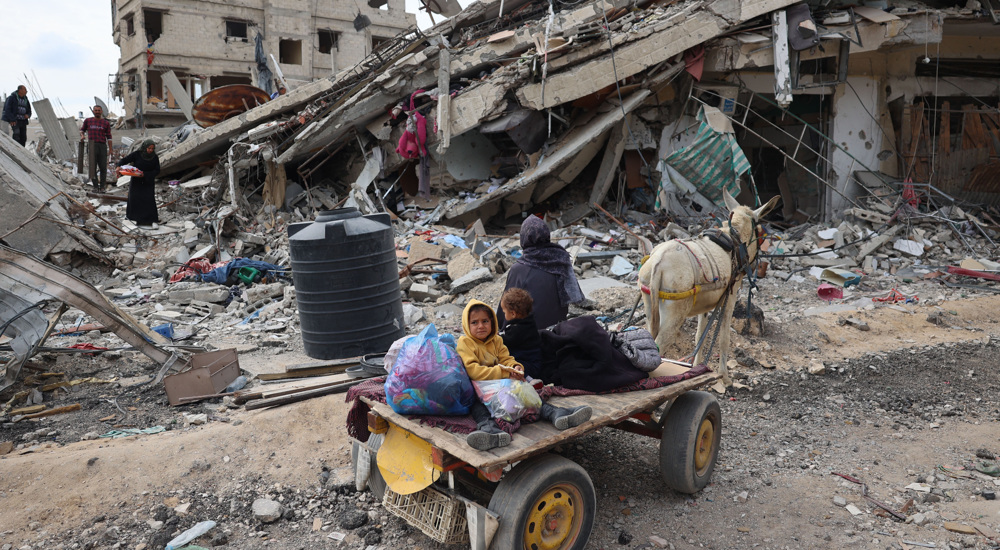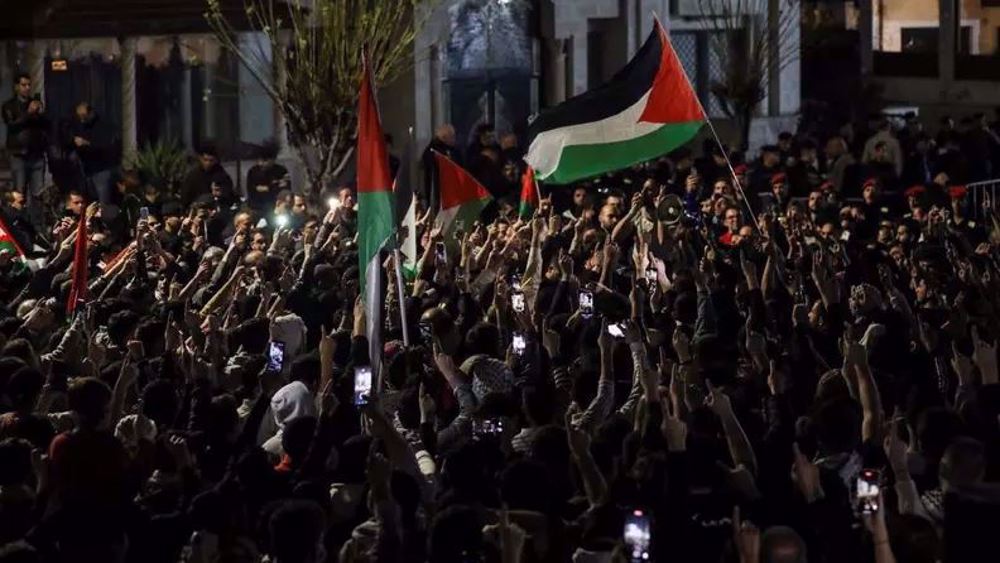Head of Libya's unity govt. seeks talks after seizure of oil ports
The head of Libya’s UN-backed Government of National Accord (GNA) has called for urgent talks in the wake of the seizure of four export terminals in the country’s so-called oil crescent in the east by forces loyal to General Khalifa Haftar.
Fayez al-Sarraj said on Wednesday that Libya was at a "turning point" after the seizure of the oil ports.
"I call on all sides to halt provocative actions and sit down urgently at the same table to discuss a mechanism that would enable us to get out of this crisis and put a stop to the conflict," Sarraj said, adding, "I am not prepared to rule one part of Libya nor to lead a war against another part."
The GNA is almost entirely dependent on oil revenues for its income.
Forces loyal to Haftar have captured the Mediterranean ports of Ras Lanuf, Sidr, Zueitina and Brega over the past two days.
Western countries denounced the assaults on the ports, warning that they will seek a UN Security Council resolution aimed at preventing the “illicit” exports of oil from Libya.
On September 12, Martin Kobler, the United Nations special representative and head of the UN Support Mission in Libya (UNSMIL), expressed “grave concern” over fighting around the oil ports.
“Attacks on the oil terminals further threaten the stability and lead to a greater division of the country,” said Kobler, adding, “They further restrict the oil exports and add to people’s suffering.”
Kobler was to brief the UN Security Council on the crisis later on Wednesday.

Libya had two rival governments from mid-2014 up to December 2015, when militants overran the capital and forced the parliament to flee to the remote east.
The two governments reached a consensus on the formation of the GNA in December 2015, after months of UN-brokered talks in Tunisia and Morocco to restore order to the country. Libya, however, continues to be gripped by political strife and violence.
Since 2011, when long-time dictator, Muammar Gaddafi, was toppled from power after a NATO military intervention, Libya has been the scene of increasing violence. Gaddafi was killed and his ouster created a huge power vacuum in Libya, leading to chaos and emergence of numerous militant groups.
‘Europe could die’, President Macron warns
Testimonies from released Palestinians reveal beatings in Israeli jails
'Unprecedented': Thousands of flights cancelled in Europe amid strike
Iran urges US to stop support for Israel as university revolt spreads
Gaza faces imminent famine as people starving to death: UN warns
North Korea to stand up to sanctions, bolster military power: Official
Hezbollah says 2,000 Israeli forces killed, injured in operations since Gaza war began
War of wills: Iran army chief vows crushing response to any aggression













 This makes it easy to access the Press TV website
This makes it easy to access the Press TV website